Our Advisory Panel
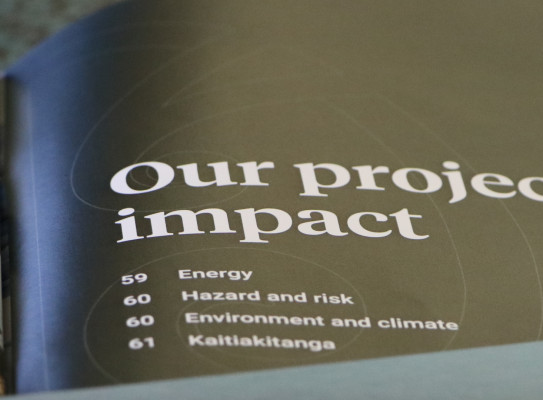
Our Strategic Scientific and User Advisory Panel (SSUAP) consists of international and New Zealand experts, whose role is to review our performance, future research directions and capability needs. The SSUAP meets annually and reports directly to the Board.
Our Advisors
It’s important that our work is regularly and independently scrutinised to ensure it continues to focus on excellence and is tuned into emerging priorities, trends and opportunities.
-
Dr Chris Pigram
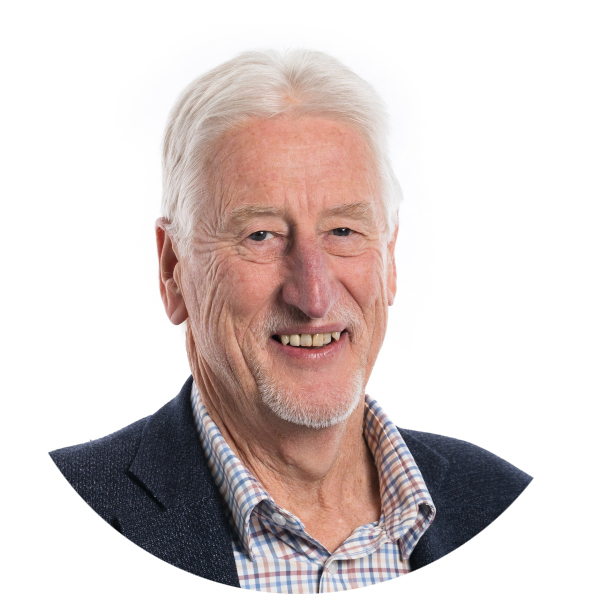
AM FTSE
Chris is a geologist with over 40 years’ experience. He was the Chief Executive Officer of Geoscience Australia from 2010-2017 and was made a Member of the Order of Australia in 2019. He is a Fellow of the Academy of Technological Sciences and Engineering (ATSE) and a graduate of the Australian Institute of Company Directors.Chris was a member of the 2018 Australian Government Resources Taskforce that delivered a report containing 29 recommendations designed to ensure the future of the resources sector in Australia. He chairs several committees, including the Independent Expert Scientific Committee that advises government on water issues related to large coal mines and coal seam gas developments, the MinEX CRC and CSIRO Minerals Resources Advisory Committee. He is chair of AuScope Limited, a company that manages research infrastructure funds for the geoscience research community on behalf the Australian Government. He is a member of the Advisory Panel for CSIRO’s Deep Earth Imaging Future Science Platform and was appointed to the Australian Space Agency Advisory Group in 2019.
-
Dr Ting Wang
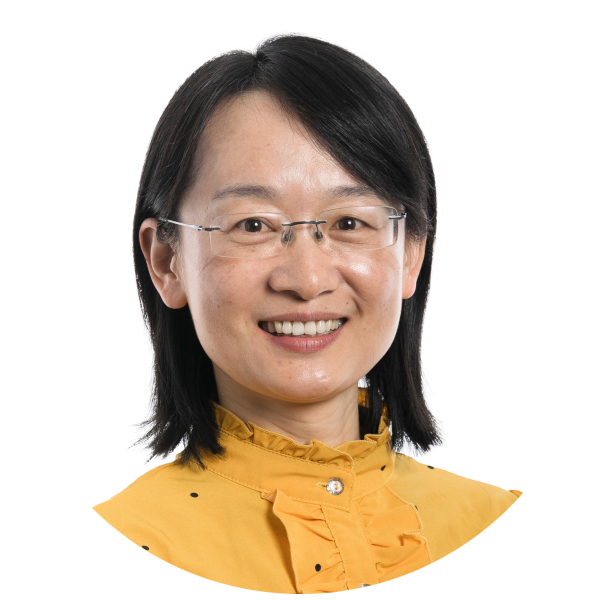
Ting is an Associate Professor in the Department of Mathematics and Statistics, and Associate Dean Research (Division of Sciences), at the University of Otago. Her research field is multidisciplinary, centering on the interface of statistics and geosciences. Her main focus has been on the development of statistical models for geophysical hazards such as earthquakes and volcanic eruptions. Ting has led, managed and participated in national and international collaborative multidisciplinary research projects, including projects funded by Natural Hazards Commission Toka Tū Ake, Marsden, MBIE, the Natural Hazards Research Platform and Resilience to Nature’s Challenges. She received the Worsley Early Career Research Award from the New Zealand Statistical Association in 2013, and a University of Otago Early Career Award for Distinction in Research in 2017.
-
Sarah Stuart-Black
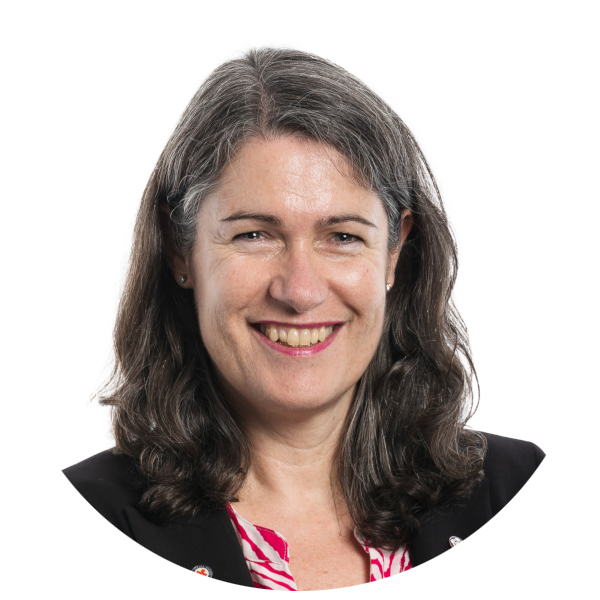
QSO
Sarah joined the New Zealand Red Cross as Secretary General in December 2020. Previous to this role, she was the Deputy Chief Executive and held the statutory role of Director Civil Defence Emergency Management in the National Emergency Management Agency. Sarah was appointed the Executive Director of the Ministry of Civil Defence and Emergency Management in December 2014. She joined the Ministry of Civil Defence and Emergency Management in 2003 and held a number of different roles during her time with the Ministry. Sarah has a diverse range of experience in New Zealand, England, Ethiopia, Niue and the Solomon Islands. She was a member of the United Nations Disaster Assessment and Coordination Team for nine years and has represented New Zealand at a variety of international forums, bilateral, regional and global meetings, exercises and forums. Sarah has published several papers in international journals and has co-edited three books.
-
Dr Lucy Jones
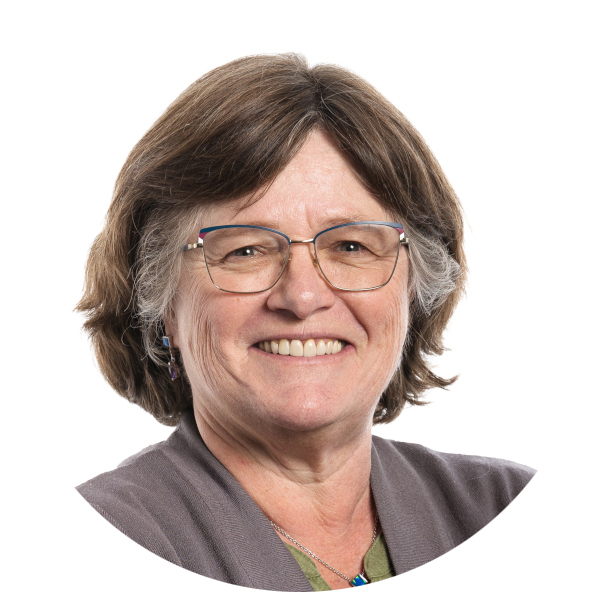
Lucy is the founder of the Dr Lucy Jones Center for Science and Society, whose mission is foster the understanding and application of scientific information in the creation of more resilient communities.
Lucy is a Research Associate at the Seismological Laboratory of Caltech and author of The Big Ones: How Natural Disasters have Shaped Us (Doubleday, 2018). With a BA in Chinese Language and Literature from Brown University and a Ph.D. in Seismology from MIT, Lucy furthers resilience to natural hazards through scientific research and collaborations with policy makers, including 33 years with the US Geological Survey, where she created the first Great ShakeOut drill, now a worldwide event with over 60 million participants in 2018. She created methodologies for assessing earthquake probability that have been the basis for all earthquake advisories issued by the State of California.
She served on the Board on Natural Disasters and the Resilient America Roundtable, the California Earthquake Prediction Evaluation and the California Seismic Safety Commission. Her pioneering science was recognised with the 2015 Samuel J. Heyman Service to America Medal, the Ambassador Award from the American Geophysical Union, the 2016 William Rodgers Distinguished Alumni Award from Brown University, the 2017 Distinguished Lecture Award of the Earthquake Engineering Research Institute, and the 2018 Frank Press Medal from the Seismological Society of America.
-
Professor Rob Dunbar
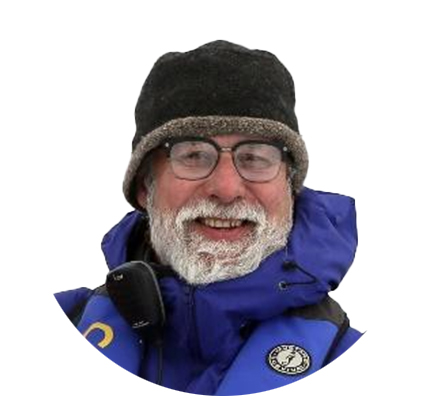
Rob is the WM Keck Professor of Earth Sciences and a Senior Fellow of the Woods Institute for the Environment at Stanford University. He leads a research group that works on past, present and future climate change and its impact on oceans and coastal environments. He regularly works with governments as well as the United Nations and several NGOs to help develop and implement solutions to environmental and resource problems. Rob is an experienced field scientist and has led over 70 research expeditions and voyages since 1980 with most focused-on Antarctica and Indo-Pacific regions. He has studied the impact of sea ice on local and regional climates, as well as unique microbial communities that exist within and beneath sea ice. In 2016, he was awarded the medal of Antarctic Research by the Scientific Committee for Antarctic Research (SCAR). He currently serves on the US National Academies Board on Atmospheric Science and as a Trustee for the Consortium for Ocean Leadership.
-
Professor Te Kani Kingi
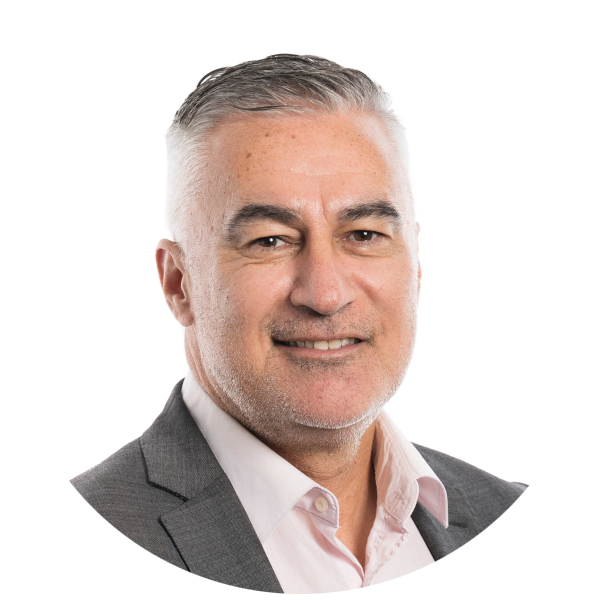
Te Kani is Executive Director of Research and Innovation and Acting Head of the School of Graduate Studies at Te Whare Wananga o Awanuiarangi. Prior to this, he was an Associate Professor at Massey University in Wellington and concurrently held three roles as Director Māori (within the Office of the Associate Vice-Chancellor), Director of the Research Centre for Māori Health and Development (within the College of Health), and Director of Academy for Māori Research and Scholarship. He was formerly an executive member of the New Zealand Public Health Association, the Mental Health Advocacy Coalition, the National Ethics Advisory Committee, the National Health Committee, the Public Health Advisory Committee, the New Zealand Pharmacy Council, Nga Pae o te Maramatanga’s International Research Advisory Panel, Statistics NZ Advisory Board and Whānau Tahi Advisory Board. He was past Chair of the NKK (HRC) Committee, a member of the IMSB (Auckland Council) Advisory Board, Chair of the Te Pou Matakana (Whānau Ora) funding board and chair of the New Zealand Mental Health Commission.
Te Kani is currently a member of the AKO Aotearoa Assessment Committee, the Board of the Joint Centre for Disaster Research, Research Associate of the National Institute for Economic and Demographic Research, chair of the Te Rau Puawai mental health scholarship programme and a board member of Tane Ora. He was recently appointed to the Veteran’s Health Committee, the Prime Minister’s Science Awards Panel, the Royal Society of New Zealand’s Council, the Independent Science Panel (Sustainable Seas National Science Challenge) and to the Australian Physiotherapy Council Accreditation Board.
He has a specialist interest in health outcome measurement (psychometrics), Māori mental health, longitudinal research, public health and health service delivery.
Te Kani was born and raised in Poroporo (near Whakatāne) and educated at St Stephen’s School in Bombay. Te Kani has tribal affiliations to Ngāti Pūkeko, Ngāti Awa, and Ngai Tai.
-
Dr James Hutchinson
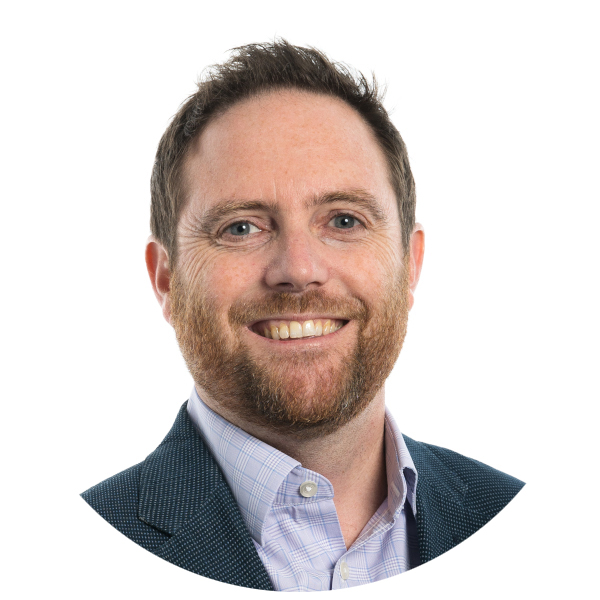
James is passionate about the important role that science and the scientific community must play in growing our economy into new high-tech and knowledge-based sectors, informing public policy and changing our world for the better.
James has experience in supporting research and innovation in the UK and internationally, with a particular focus on the life sciences and global societal challenges. He led a team of programme specialists to develop and implement a programme of science policy, advocacy, networking, conferences, workshops and other initiatives, working in close partnership with the international chemical science community. He is an experienced project leader with a strong track record of working with government, industry and academia.
James is a Junior Policy Fellow of the Centre for Science and Policy (CSaP) at the University of Cambridge, having authored over 20 pieces of science policy covering strategic reports, government consultation responses and position statements. He led a successful campaign to the UK Government in 2013, on behalf of the broader chemical science community, to protect public investment in science, and has participated in several advisory groups and expert panels to government bodies and NGOs.
-
Dr Andrew Heap
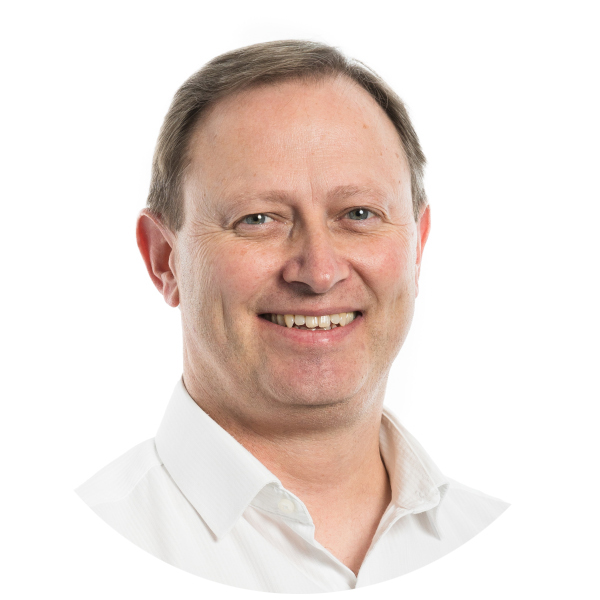
Andrew has 20 years of professional experience in leading pre-competitive geoscience research within the Australian Government. This includes more than 17 years as a senior leader in Geoscience Australia with responsibility for energy and mineral resources, carbon capture and storage, marine geoscience, and groundwater programs.
Andrew has published over 100 scientific and technical papers and is a member of 12 professional organisations. Andrew has responsibility for building a national prospectus of energy and mineral groundwater resources across Australia through regional geological framework studies, and delivery of pre-competitive scientific data and information. A key outcome is to stimulate new exploration investment in frontier areas through an improved understanding of under-explored regions and sustainable water management. Andrew is the Geoscience Australia representative to the Geoscience Working Group of the Energy Committee of the Australian Reform Government and until recently held the Chair.
-
Professor Claire Lenehan
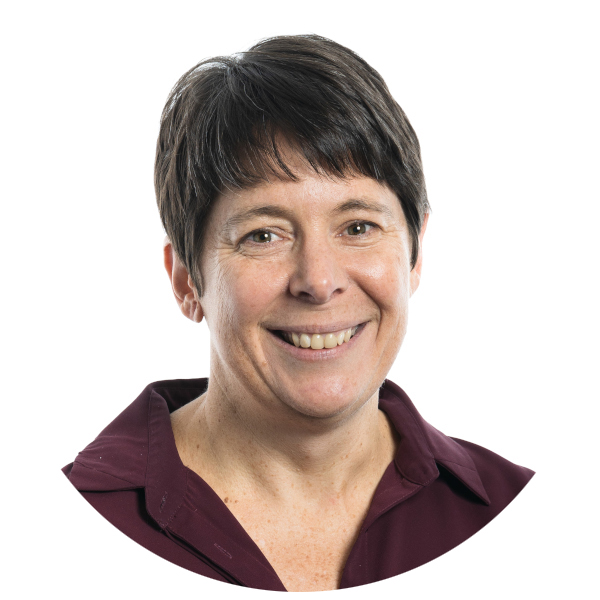
Claire is a materials scientist with expertise in natural materials and fluids, surface and structure modification, isotope and nuclear methods, with applications to earth system, biological and natural and artificial materials. Claire was a Director of the Australian Institute of Nuclear Science and Engineering (AINSE) between 2014 and 2019 and Chair from 2016-2019. AINSE is the interface between the Australian and New Zealand research entities and the Australian Nuclear Science and Technology Organisation (ANSTO). She was awarded the Robert Cattrall Medal for early career success by the Analytical Chemistry Division of the Royal Australian Chemical Institute. Claire has also been Chair Elect of this RACI (Responsible, Accountable, Consulted and Informed) and served as interim dean of the School of Physical and Chemical Sciences at Flinders University.
-
Namouta Poutasi
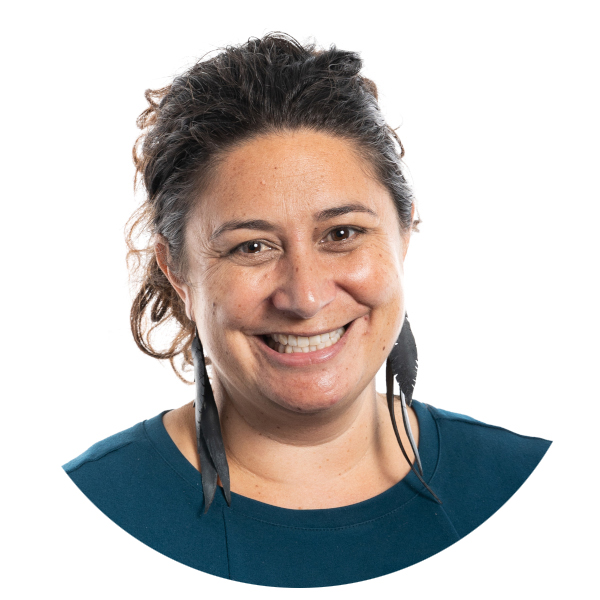
MNZPI BSc (Hons) BA
Namouta is the Strategy & Science General Manager for Bay of Plenty Regional Council/Toi Moana with experience in Leadership, Strategic planning, Pacific health & planning, Resource Management Act planning, Regional Transport Planning; Engagement; and Natural Hazard Risk Management in public and private sectors. Her Bay of Plenty portfolio includes Resource Management documents (Regional Policy Statement, Regional Natural Resources Plan, Coastal Plan), Science, Spatial Planning, urban growth planning and Environmental Strategy – focusing mainly on Economy aspects and Climate Change. She also has experience in leading teams responsible for Public Transport Planning and Operations (Buses)– Tauranga, Whakatāne, Rotorua and rural connector services, Māori Policy and Engagement Teams.
Namouta is passionate about giving back to the community by focusing on ways to improve the environmental and socioeconomic outcomes of Pasifika people. She is the former Chair of the Pacific Island Community Trust in Tauranga, former Envirohub Board member, founding member of the Aotearoa Pacific Practioners Group and Papa Pounamu for the New Zealand Planning Institute.
Worked in a number of capacities for Local and Central Government and is the recipient of awards for work with tangata whenua and increasing resilience to natural hazards in Samoa. She is also an alumni of the Senior Executives in State and Local Government at Harvard University.